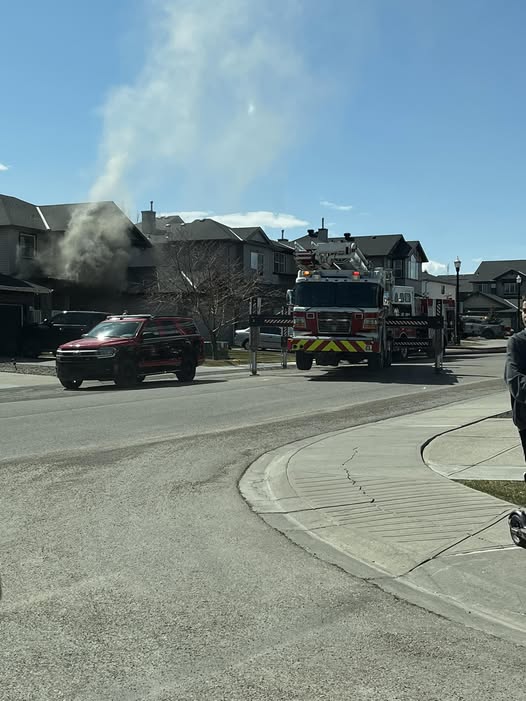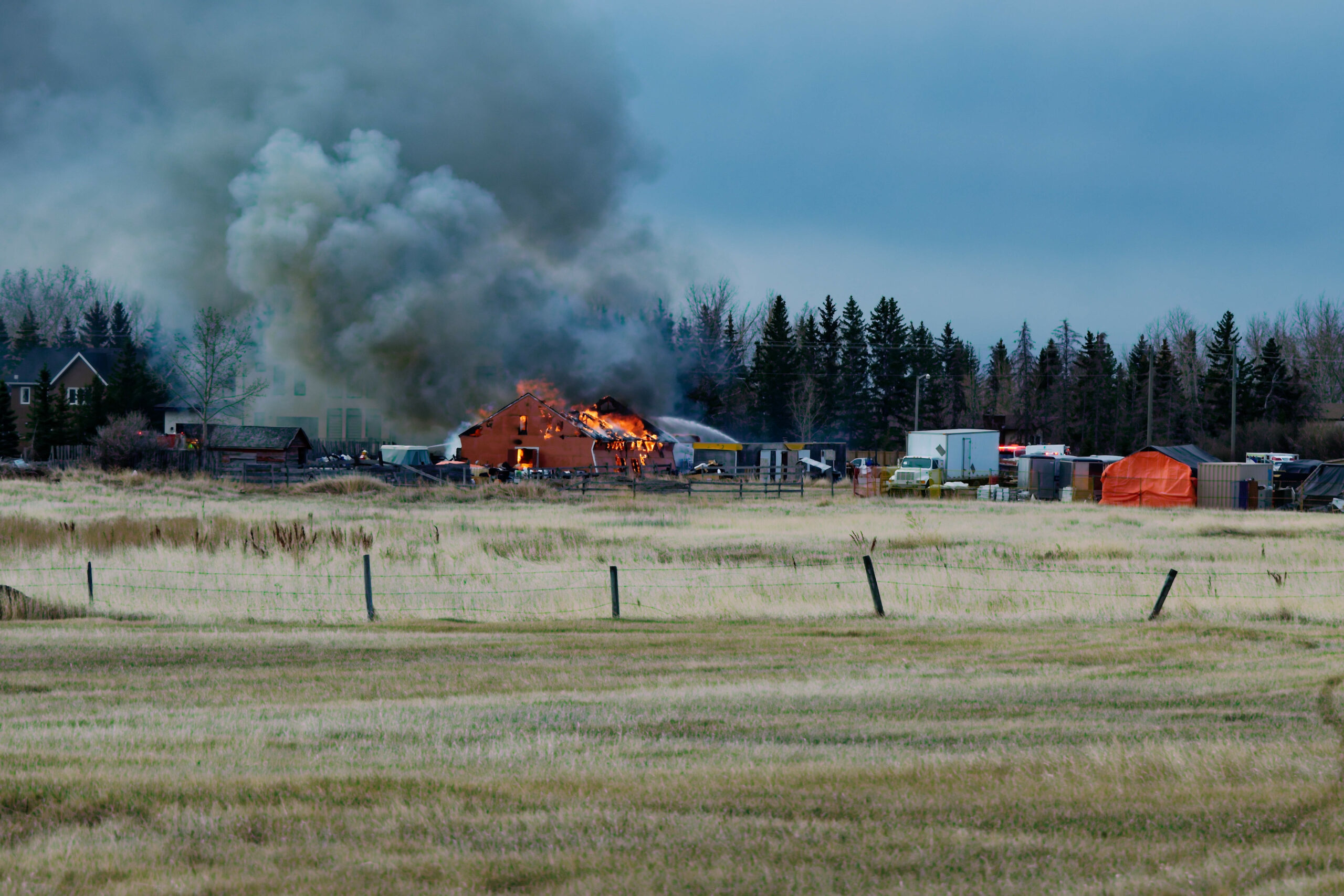
The City of Chestermere staffers are receiving daily updates from Alberta Health Services (AHS), on COVID-19, to prepare accordingly.
“We continue to receive updates from Alberta Health Services and are confident in the preparations that they, and we as a municipality, are taking to prepare for a larger outbreak in our community,” said Mayor Marshall Chalmers.
“We are in the process of preplanning for a Chestermere response to our own local situation. That includes we’re reviewing our community crisis plans, our business continuity plan, our safety checks, and our emergency supplies,” Chalmers said.
Currently, the government of Alberta is actively monitoring the COVID-19 developments occurring around the world, assessing the risks, and if there is any need for changing their approach in ensuring Albertans are protected.
As new information emerges, the government of Canada is continuing to work with partners, including the Public Health Agency of Canada, to asses and adjust the public health approach.
“I know many Albertans have concerns. We continue to treat this very seriously,” said the Chief Medical Officer of Health, Dr. Deena Hinshaw.
Although Alberta’s first COVID-19 presumptive case was detected on March 5 in Calgary, the risk of catching the virus remains low.
The individual is a 50-year-old woman, who returned on Feb. 21after traveling on the Grand Princess Cruise Ship in California.
The individual has been isolated since Feb. 28 and is expected to make a full recovery.
Officials are reaching out to all individuals who may have been in contact with the woman, assessing their health, and instructing them to stay home for 14 days after their last contact with the woman, and anyone who has symptoms will be tested.
Alberta Public Health has worked with the woman’s employer, ATB and AHS, to manage follow-up for the case.
As a result, two Calgary branches have been closed. All staff are also self-isolating.
Anyone in Alberta who was aboard the Grand Princess Cruise Ship is asked to stay at home until 14 days have passed since they left the cruise, even if they are feeling well.
“I want to stress that the risk of getting sick from COVID-19 remains low at this time in Alberta. However, with these recent developments, we are anticipating this risk may increase in the weeks to come,” Hinshaw said.
“We are taking this extremely seriously. Public health measures are already being put in place to prevent the spread of the virus,” she said.
Adding, “We have been preparing for this since the virus first emerged in January. We have proven processes and well-trained teams to protect Albertans
The risk to Albertans is still low, and we are ready.”
Albertans should continue to take precautions, including washing hands frequently, not touching your face, nose, or mouth, disinfecting surfaces that are frequently used, avoiding crowded areas, and staying home when sick.
“We continue to urge our residents to protect themselves and their families by practicing good hygiene such as hand washing, wiping surfaces regularly, and staying home when sick,” Chalmers said.
“Self-isolation is probably our best defense, and especially if you have travelled to locations that have an increased risk,” he said.
Adding, if Chestermere residents do have to contact 9-1-1, and are showing flu-like symptoms, they should be prepared to answer additional screening questions to ensure first responders can handle the situation appropriately and take any extra precautions.
“If you are feeling sick, it is also really important not to visit loved ones in the hospital or long-term care facilities, as people in these locations are at the highest risk of complications from influenza and other respiratory viruses,” Hinshaw said.
Hinshaw also advises Albertans who are planning to travel to check the travel advice from the Public Health Agency of Canada prior to leaving.
“This is a rapidly evolving situation, advice can change quickly, as new information becomes available,” Hinshaw said.
“I know that some Albertans may feel fatigued and wonder what comes next. It’s important to remember that outbreaks like COVID-19 take time to unfold, new cases will continue to be confirmed around the world, and additional evidence will emerge in the weeks ahead,” Hinshaw said.
Moving forward, the government of Alberta will continue to work with the rest of Canada to monitor what is happening worldwide, and asses the health risks in the province.
In response to the recent developments, Alberta will be expanding testing protocols.
Beginning March 7, the province will begin testing some of the community influenza samples from the surveillance network.
The samples were previously taken from individuals who were tested for influenza or other illnesses that present with a cough or fever.
“This is essentially another safety net to help protect the health of Albertans. This change to our testing protocols is one we do not make lightly. We expect the vast majority, or even all of these individuals will have a common illness, such as influenza,” Hinshaw said.
Effective immediately, the province is advising all travellers returning from any destination outside of Canada to monitor their symptoms, and if they experience influenza-like symptoms within 14 days of their return to self-isolate, and call Health Link at 8-1-1 to arrange follow-up testing.







